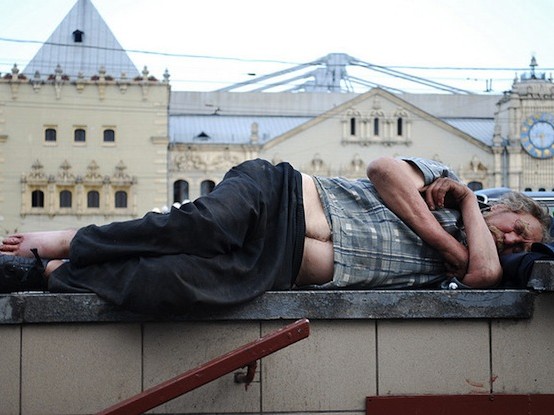
9-15-14 My former CIA friend and fellow author Robert Stephan sent me a fascinating article from The New York Review of Books entitled The Dying Russians. Over a period of time, Masha Gessen noted that a large number of her Russian friends were dying.
The deaths kept piling up. People—men and women—were falling, or perhaps jumping, off trains and out of windows; asphyxiating in country houses with faulty wood stoves or in apartments with jammed front-door locks; getting hit by cars that sped through quiet courtyards or plowed down groups of people on a sidewalk; drowning as a result of diving drunk into a lake or ignoring sea-storm warnings or for no apparent reason; poisoning themselves with too much alcohol, counterfeit alcohol, alcohol substitutes, or drugs; and, finally, dropping dead at absurdly early ages from heart attacks and strokes.
Gessen decided to learn why and with a keen eye examined possible scientific explanations, studying and comparing fatality rates caused by smoking, heart attacks, cancer and other typical illnesses before she eventually reached an unexpected conclusion.
Russians were dying at much higher rates because of a lack of hope.
Hope might have persisted after the Soviet Union collapsed—for a brief moment it seemed that this was when the truly glorious future would materialize—but the upheaval of the 1990s dashed it so quickly and so decisively that death and birth statistics appear to reflect nothing but despair during that decade.
Hope is one of those intangibles the medical profession has been unable to quantify. But I believe it is essential to recovery from a mental illness. I am not a Pollyanna. I believe severe mental disorders are cruel illnesses that all too often destroy lives. Much like cancer, not everyone will recover.
However, none of us is so wise that we know who will recover and who won’t. That is why it is important for us to do whatever we can to encourage and offer hope to someone who becomes mentally ill.
To quote Hal Lindsey:
Man can live about forty days without food, about three days without water, about eight minutes without air…but only for one second without hope.



